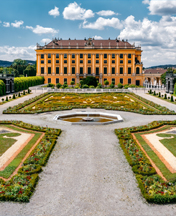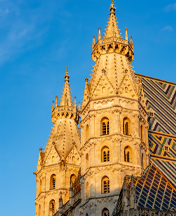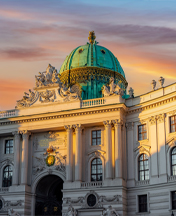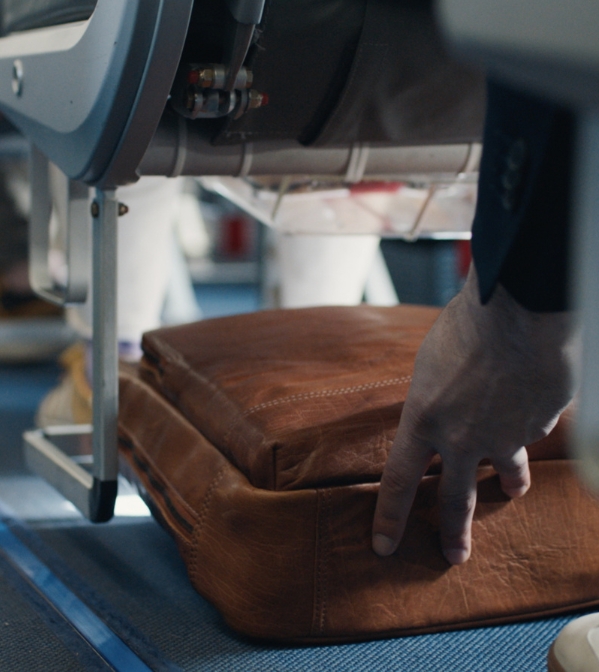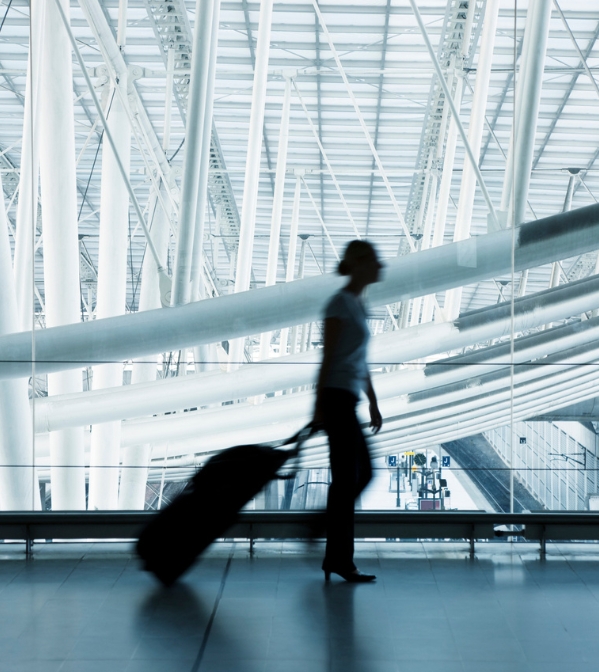Vienna's history spans over two millennia, making it one of Europe's most historically rich and culturally significant cities. Its origins can be traced back to the Roman Empire when a camp named Vindobona was established on the site that would later become modern Vienna. Thanks to its strategic location on the Danube River, Vienna had evolved into a significant trading hub by the Middle Ages. A turning point in Vienna's history came in the 15th century when it became the seat of the Habsburg dynasty. Under Habsburg rule, Vienna became the capital of the Holy Roman Empire and later the Austro-Hungarian Empire, establishing it as one of the most influential cities in Europe. Vienna transformed into a centre of art, culture, and music during this period. The reign of Empress Maria Theresa and her son, Joseph II, in the 18th century brought significant reforms in education, the arts, and urban development, further enhancing Vienna's status as a cultural hub. In the 18th and 19th centuries, Vienna became synonymous with classical music, attracting some of the greatest composers in history, including Wolfgang Amadeus Mozart, Ludwig van Beethoven, and Franz Schubert. This golden age of music, often called "Viennese Classicism," solidified the city's reputation as the "City of Music." Vienna's cultural and architectural expansion continued in the 19th century with the construction of monumental buildings along the Ringstrasse, a grand boulevard that replaced the medieval city walls. Iconic landmarks such as the Vienna State Opera, the Kunsthistorisches Museum, and the Parliament Building were all built during this time, contributing to Vienna's image as a city of grandeur and elegance. The 20th century brought both triumph and tragedy to Vienna. After World War I and the dissolution of the Austro-Hungarian Empire, Vienna became the capital of the newly formed Republic of Austria. However, the city's history took a darker turn during World War II, when it was occupied by Nazi Germany and suffered significant damage. After the war, Vienna was divided into zones controlled by the Allied Forces but eventually regained its independence and became a neutral state in 1955. In the post-war years, Vienna re-emerged as a global centre of diplomacy and culture. Today, it hosts many international organizations, including the United Nations and OPEC, while maintaining its legacy as a music, art, and history city. Vienna's rich heritage and modern vibrancy make it one of Europe's most captivating cities.



